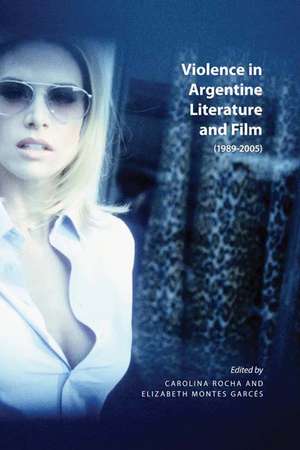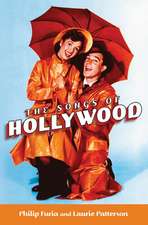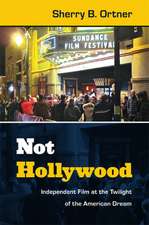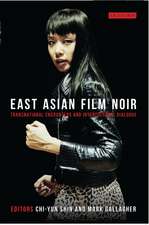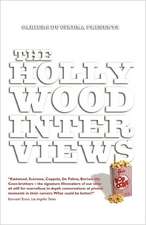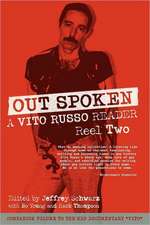Violence in Argentine Literature and Film, 1989-2005: Latin American & Caribbean Studies , cartea 8
Editat de Carolina Rocha, Elizabeth Montes Garcésen Limba Engleză Paperback – 28 oct 2010
Why has violence been a predominant topic in contemporary Argentine film and literature? What conclusions can be drawn from the dissemination of violent images and narratives that depict violence in Argentina? In Argentina, the problem of violence is rooted in the country’s long experience with authoritarian rule as well as in more recent trends such as the weakening of the state and the rule of law brought about by neoliberal reforms. This collection of eleven essays seeks to interpret and analyze the extent to which violence communicates structural inequalities or lines of fissure in contemporary Argentina resulting from the transformations that the state, the economy, and society in general have experienced during the past two decades.
Applying a variety of critical approaches, the contributors explore violence in Argentine cultural productions as it relates to four broad themes: the body as site of physical violence, the legacies of Argentina’s authoritarian past, the collapse of the myth of the Argentine nation, and the current battles over how to define particular “social and geographical places” in the context of an increasingly violent society.
Preț: 282.62 lei
Nou
Puncte Express: 424
Preț estimativ în valută:
54.08€ • 56.65$ • 44.82£
54.08€ • 56.65$ • 44.82£
Carte tipărită la comandă
Livrare economică 08-22 aprilie
Preluare comenzi: 021 569.72.76
Specificații
ISBN-13: 9781552385043
ISBN-10: 1552385043
Pagini: 286
Ilustrații: black & white illustrations
Dimensiuni: 152 x 229 x 18 mm
Greutate: 0.41 kg
Editura: University of Calgary Press
Colecția University of Calgary Press
Seria Latin American & Caribbean Studies
ISBN-10: 1552385043
Pagini: 286
Ilustrații: black & white illustrations
Dimensiuni: 152 x 229 x 18 mm
Greutate: 0.41 kg
Editura: University of Calgary Press
Colecția University of Calgary Press
Seria Latin American & Caribbean Studies
Notă biografică
Descriere
Applying a variety of critical approaches, the contributors explore violence in Argentine cultural productions as it relates to four broad themes: the body as site of physical violence, the legacies of Argentina’s authoritarian past, the collapse of the myth of the Argentine nation, and the current battles over how to define particular “social and geographical places” in the context of an increasingly violent society.
